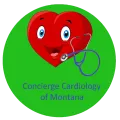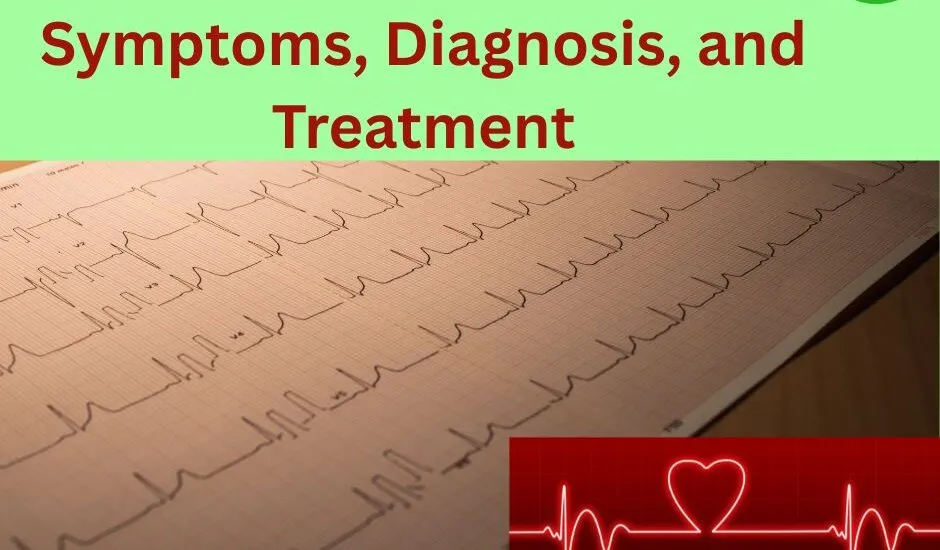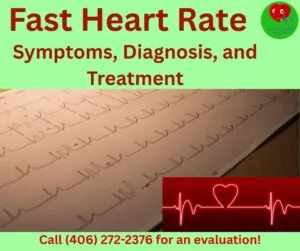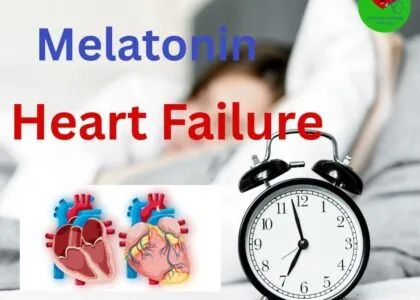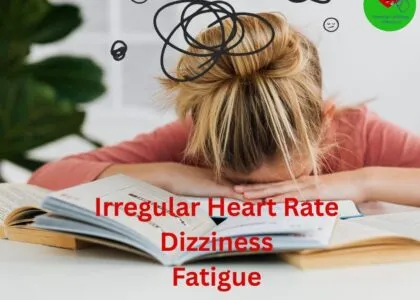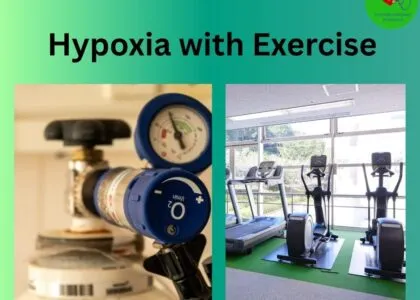Updated on May 27, 2025
Table of Contents
Tachycardia is a medical condition that refers to an elevated heart rate, typically defined as exceeding 100 beats per minute in adults. While a rapid heartbeat can occasionally be a normal response to stress, exercise, or excitement, it can also signify underlying health issues that require careful evaluation and management. Understanding tachycardia is vital for safeguarding your heart health and well-being.
What is Normal Heart Rate?
For adults, a normal resting heart rate generally ranges from **60 to 100 beats per minute**. However, heart rate norms vary by age, especially in children:
– **Infants (0-1 year)**: 100-160 beats per minute
– **Toddlers (1-3 years)**: 90-150 beats per minute
– **Children (4-5 years)**: 80-140 beats per minute
– **Children (6-11 years)**: 75-120 beats per minute
– **Adolescents (12-15 years)**: 60-100 beats per minute
Understanding these ranges is essential: deviations can be cause for concern, especially if they are sustained or accompanied by other symptoms.
Types of Tachycardia
Tachycardia isn’t a one-size-fits-all condition; it can manifest in various forms, and understanding these types can help you recognize potential warning signs:
1. **Atrial Fibrillation (AFib)**: This condition is characterized by an irregular and often rapid heart rate, increasing the risk of blood clots and strokes. AFib can be asymptomatic, but it often presents with palpitations or fatigue.
2. **Supraventricular Tachycardia (SVT)**: Originating above the heart’s ventricles, SVT often causes sudden episodes of rapid heart rate, dizziness, or palpitations, particularly in younger individuals.
3. **Ventricular Tachycardia (VT)**: This serious condition involves rapid heartbeats originating in the ventricles and can lead to fainting or even sudden cardiac arrest. It requires immediate medical attention.
4. **Sinus Tachycardia**: A natural increase in heart rate due to exertion, stress, or anxiety. While often benign, it’s essential to be aware of how your body responds under various conditions.
Causes of Tachycardia
Tachycardia can be triggered by a variety of factors, including:
– **Heart-related issues**: Conditions such as coronary artery disease, heart valve disorders, and a history of heart attacks can lead to tachycardia.
– **Non-cardiac factors**: Anemia, hyperthyroidism, excessive caffeine or alcohol consumption, drug use, or metabolic imbalances can also be culprits.
– **Stress and anxiety**: Emotional triggers can manifest physically, resulting in episodes of rapid heart rate.
Knowing the underlying cause is essential for effective management, and some factors may require immediate intervention.
Symptoms of Tachycardia
Although not everyone with tachycardia will experience symptoms, those who do may notice:
– **Palpitations** or a sensation of a racing heart
– **Dizziness** or lightheadedness, especially when standing up
– **Shortness of breath**, which can range from mild to severe
– **Chest pain** or discomfort
– **Fatigue**, even with minimal exertion
If you experience these symptoms, especially in combination, it’s critical to consult a healthcare professional for evaluation.
Diagnosis of Tachycardia
Diagnosing tachycardia typically involves a few straightforward procedures:
– **Electrocardiogram (ECG)**: This key diagnostic tool records the heart’s electrical activity and can reveal the rate and rhythm of the heartbeat.
– **Holter Monitor**: A portable ECG device worn for 24-48 hours to capture your heart’s rhythm in daily life.
– **Echocardiogram**: This ultrasound test evaluates the structure and functioning of the heart, identifying any abnormalities.
– **Blood tests** and **stress tests** may also be conducted to rule out other conditions that could be affecting your heart rate.
While these tests might seem simple, they can provide essential insights into your heart health.
Treatment Options
Treatment for tachycardia depends on the underlying cause and can include:
– **Lifestyle Changes**: Simple modifications such as reducing caffeine and alcohol intake, quitting smoking, managing stress through mindfulness or exercise, and maintaining a heart-healthy diet can have substantial benefits.
– **Medications**: Depending on the diagnosis, medications such as beta-blockers or antiarrhythmics can help manage your heart rate or rhythm effectively.
– **Procedures**: In certain cases, procedures like catheter ablation may be necessary to address abnormal heart rhythms that aren’t responsive to medication.
It’s important to engage actively with your healthcare provider to develop a tailored treatment plan that addresses your specific needs.
When to See a Cardiologist
Don’t wait for symptoms to escalate before seeking help. If you experience persistent signs such as rapid heartbeats, chest pain, fainting, or recurrent dizziness, it’s crucial to consult a cardiologist promptly. Early detection and intervention can significantly improve outcomes, particularly in cases where tachycardia may stem from a serious underlying condition.
A cardiologist specializes in diagnosing and treating heart-related issues, providing you with a comprehensive assessment of your heart health. If you have a personal or family history of heart disease, previous heart conditions, or risk factors such as hypertension or diabetes, regular consultations with a cardiologist are not just advised—they’re essential.
Conclusion
Tachycardia may range from a harmless physiological response to a warning sign of severe health problems. Being aware of your heart’s rhythms and understanding the symptoms can empower you to take charge of your cardiovascular health. Don’t hesitate to consult a healthcare provider or a cardiologist to address any concerns—your heart deserves the best care possible. Recognizing the importance of timely intervention could make all the difference in maintaining a healthy and active lifestyle. Prioritize your heart health today; after all, a well-functioning heart is key to a thriving life.
Tachycardia can be a scary and uncomfortable condition, but it is treatable. Early detection is vital to successfully managing any heart condition. So, don’t hesitate to talk to your doctor about getting the proper tests to ensure a healthy heart.
For an evaluation, please get in touch with Concierge Cardiology of Montana at 406-272-2376 or schedule online.

